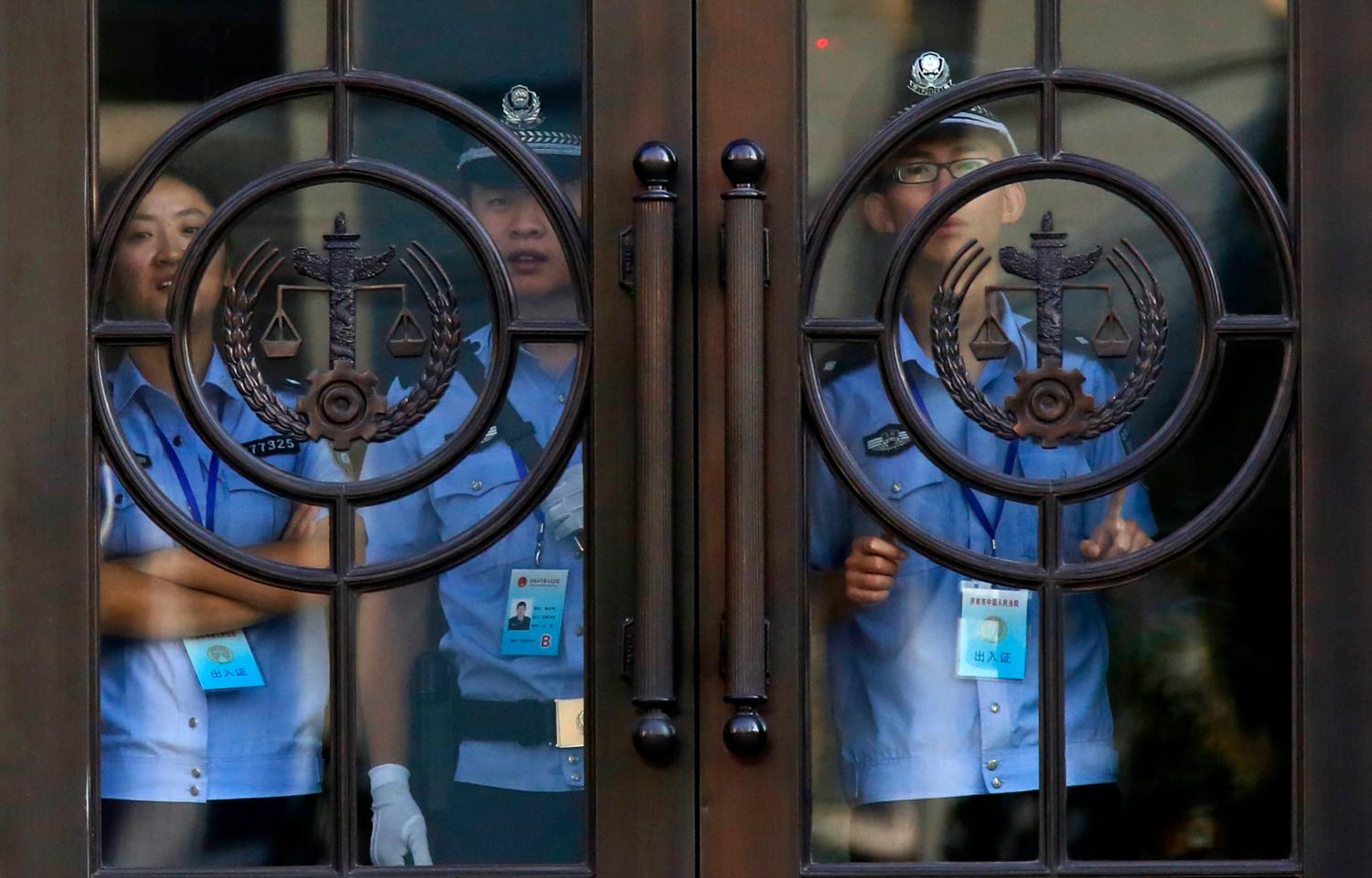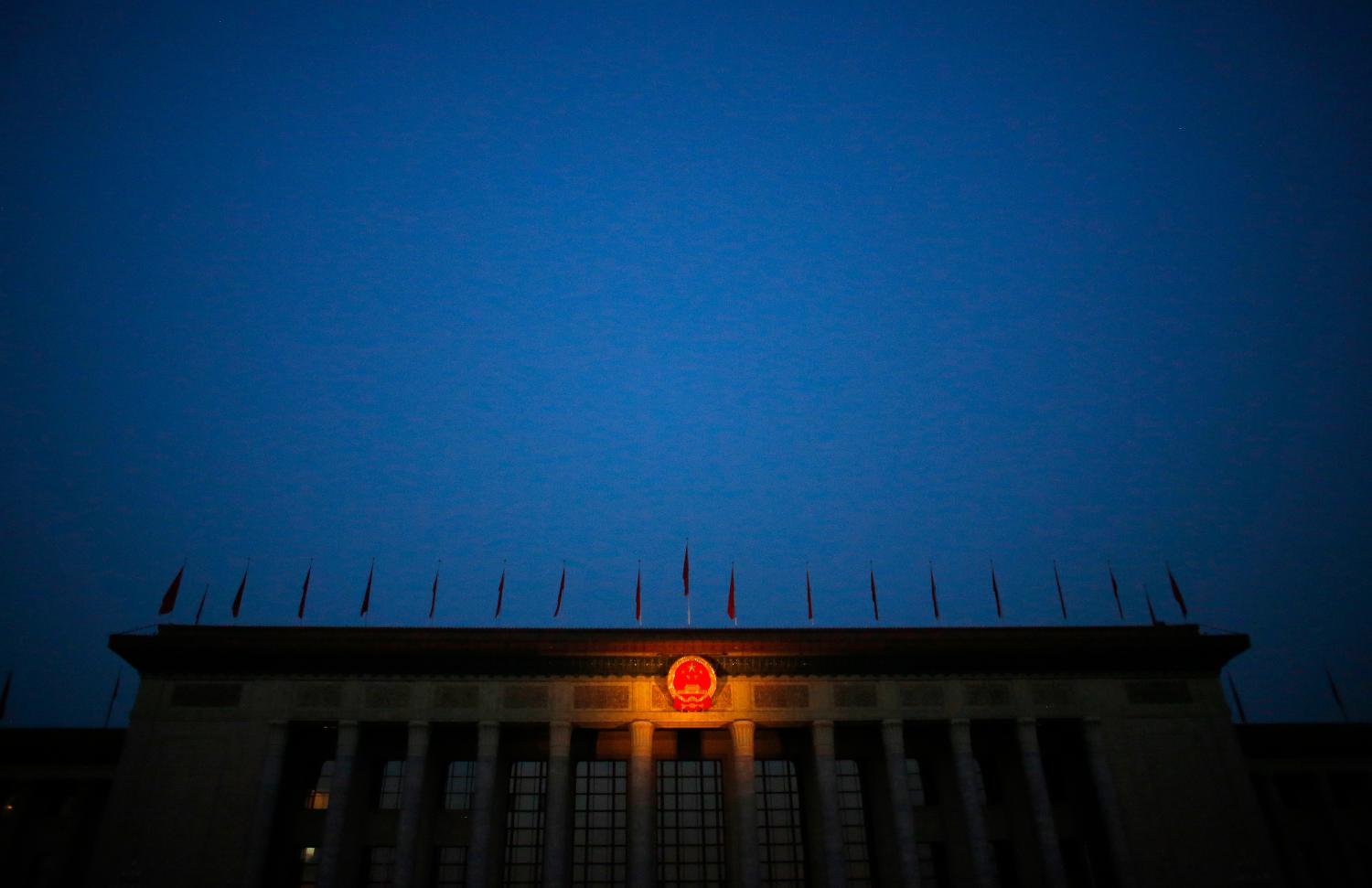Executive Summary
 The Chinese Communist Party has largely observed a technical, de jure separation between itself and the state, including the legal system — even while de facto controlling the state apparatus and often disregarding and devaluing the law — for much of the 70 years it has ruled the People’s Republic of China (PRC). Party General Secretary Xi Jinping is dismantling that pretense through assertion of comprehensive party leadership over everything, including law. Yet, his push to codify party leadership into law and making explicit the party’s command of “socialist rule of law with Chinese characteristics” suggest that Xi appreciates the legitimating power of law. Under his incumbency, the party has made “governing the country in accordance with law,” commonly translated as “law-based governance” (依法治国), a cornerstone of the party’s governance strategy, along with Xi Jinping Thought on Socialism with Chinese Characteristics for a New Era. The party, while demanding “absolute” leadership of political-legal work, continues to delegate to state legal institutions the responsibility to address and resolve complex matters on a day-to-day basis in a professional, efficient, fair, and autonomous manner to help maintain social stability and promote economic development.
The Chinese Communist Party has largely observed a technical, de jure separation between itself and the state, including the legal system — even while de facto controlling the state apparatus and often disregarding and devaluing the law — for much of the 70 years it has ruled the People’s Republic of China (PRC). Party General Secretary Xi Jinping is dismantling that pretense through assertion of comprehensive party leadership over everything, including law. Yet, his push to codify party leadership into law and making explicit the party’s command of “socialist rule of law with Chinese characteristics” suggest that Xi appreciates the legitimating power of law. Under his incumbency, the party has made “governing the country in accordance with law,” commonly translated as “law-based governance” (依法治国), a cornerstone of the party’s governance strategy, along with Xi Jinping Thought on Socialism with Chinese Characteristics for a New Era. The party, while demanding “absolute” leadership of political-legal work, continues to delegate to state legal institutions the responsibility to address and resolve complex matters on a day-to-day basis in a professional, efficient, fair, and autonomous manner to help maintain social stability and promote economic development.
At the same time, the authoritarian party-state continues to bypass state legal requirements, or adopts and applies illiberal ones, when dealing with what it views as sensitive matters. Relying on extra-legal detentions and other coercive measures, Xi has overseen an unprecedentedly organized and sustained crackdown on civic and labor activists, religious leaders, journalists, and ethnic and religious minorities — most blatantly in Xinjiang and Tibet. The crackdown has also targeted outspoken academics and students, as well as the legal profession that the party purports to entrust to protect the public’s lawful rights and help achieve law-based governance. In practice, the party maintains a dual state and legal system, under which the majority of Chinese people generally enjoy the protection of an increasingly sophisticated body of law and legal institutions, but those deemed a danger to the party-state are handled outside the law.
The substantive impact of Xi’s push to institutionalize and legalize party leadership over everything is not clear. To date, the party appears to view its leadership as primarily political and seeks to promote a professionalized, efficient, and effective state, economy and legal sector. It is sending mixed messages, however. Emphasizing party leadership raises concerns about increased politicization of decisionmaking, with less transparency and accountability, potentially threatening not only economic and social development, but also the rule-of-law project that is intended to enhance party legitimacy. The party’s conditional attitude toward law, reflected in its continued resort to extra-legal means in dealing with perceived enemies, creates uncertainty over the reliability of the party-state’s legal commitments both at home and abroad.
The Brookings Institution is committed to quality, independence, and impact.
We are supported by a diverse array of funders. In line with our values and policies, each Brookings publication represents the sole views of its author(s).





